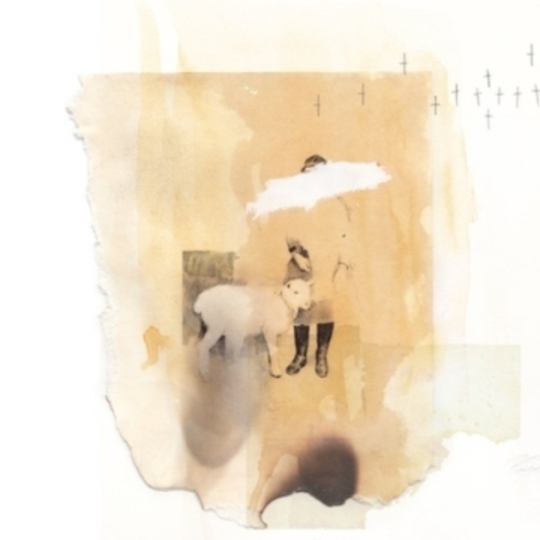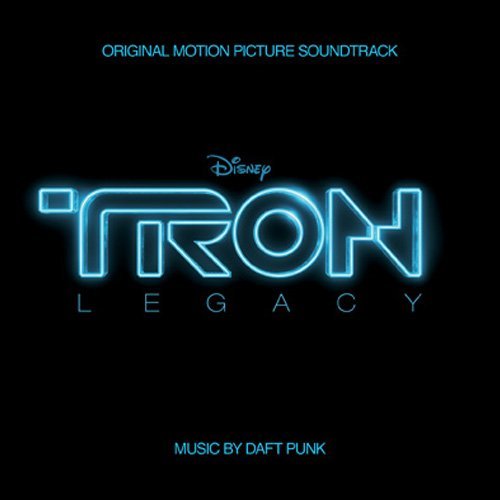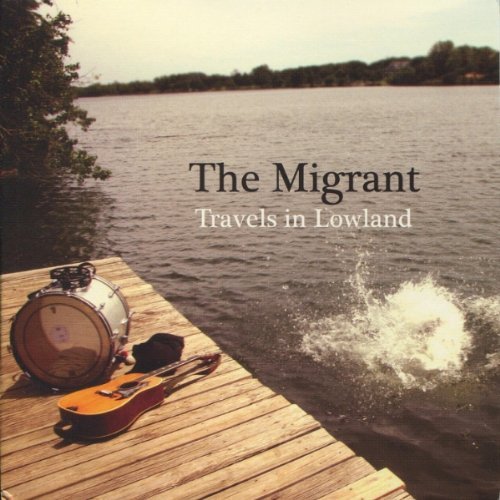"Ambition cuts us down" sang Doves' Jimi Goodwin back in 2005, and while that statement might not be 100 per cent literally accurate, it tends to have an unerring ring of truth. While not wishing to delve into the cause of Her Name Is Calla's year-or-so long hiatus too much, it would be fair to say that the traumatic breakdown endured by singer and songwriter-in-chief Tom Morris both emerged from and resulted in The Quiet Lamb as it stands today.
Having first emerged five years ago, initially as a semi-acoustic outfit heavily influenced by Radiohead's post-millennial discourse, it wasn't until 2007's grandiose 'Condor And River' that Her Name Is Calla launched themselves headfirst into an aghast horde of surprised spectators. Neither post-rock nor your average indie fare, 'Condor And River' represented a vast change in direction, not least due to it effectively merging three songs into one. To say it sounded like nothing else at the time would be an understatement; it also begged the question, how exactly would Her Name Is Calla be able to follow, and more importantly better, such an epic statement of intent?
For anyone who's ever witnessed one of the band's startling live performances, the answer lies therein, although somehow trying to capture such levels of intensity coupled with the deft improvisation that drives them on stage would also be a thankless task for many. That 'Condor And River' features here at the album's midpoint - admittedly re-recorded and partially revamped - among The Quiet Lamb's twelve pieces speaks volumes in itself. Its timeless flow makes mockery of the fact it's by far the oldest composition on the record, even at a mammoth 17 minutes of which not one is wasted.
But then that seems to be Her Name Is Calla's philosophy; why do things by half when you can increase them tenfold? Indeed The Quiet Lamb lasts over 80 minutes in total, yet when broken down piece by piece each segment makes perfect sense in its own right. Take the opening couplet of 'Moss Giant' and 'A Blood Promise': where the former's quaint introduction slowly builds into a piano-led film score of historical documentary proportions, the latter's whimsical vocal melody and opulent choir turn it into a nerve-shredding requiem Bela Lugosi would have been proud of.
'Pour More Oil' and 'Long Grass' both return Morris and co. to their embryonic folk roots, solemnly punctuated by brass and strings accordingly while the vocalist delivers a curt "I won't find my way back to you" over 'Long Grass''s discordant coda. The gentle two-minute long mandolin strum of 'Homecoming' delivers a medieval flavour to proceedings while the percussion heavy synopsis of 'Thief' sounds like the point of the axis where Throbbing Gristle's Y meets Talk Talk's X. The two interval pieces that split quarters one and three of the record do as you'd expect, 'Interval 1' offering a more classical orchestration to the eerie string-led 'Interval 2', festooned with sampled radio snippets like a World War Two air raid announcement.
The closing, three-part epic 'The Union' could lend itself to a rock opera, should messrs Lloyd Webber or Rice feel the need to venture down such avenues in the future. 'I Worship A Golden Sun' forces its mood-driven mantra against a backdrop of complex riffs, while 'Recidivist' proffers the more classical approach, flutes and violins dissecting its predecessor's urgency before a swathing bout of feedback and reverb via thrashing metallic guitars alter the song's direction by a 180 degrees in the final third. By the time 'Into The West' brings both 'The Union' trilogy and The Quiet Lamb to a close, there's both a sense of relief and loss at the record's climax. While The Quiet Lamb can be heavy going in places, there's little to criticise about the diligent attention to detail and precision that went into such a complex creative structure, which again takes us back to the same question 'Condor And River' asked in 2007; how exactly would Her Name Is Calla be able to follow, and more importantly better, such an epic statement of intent?
-
8Dom Gourlay's Score






















